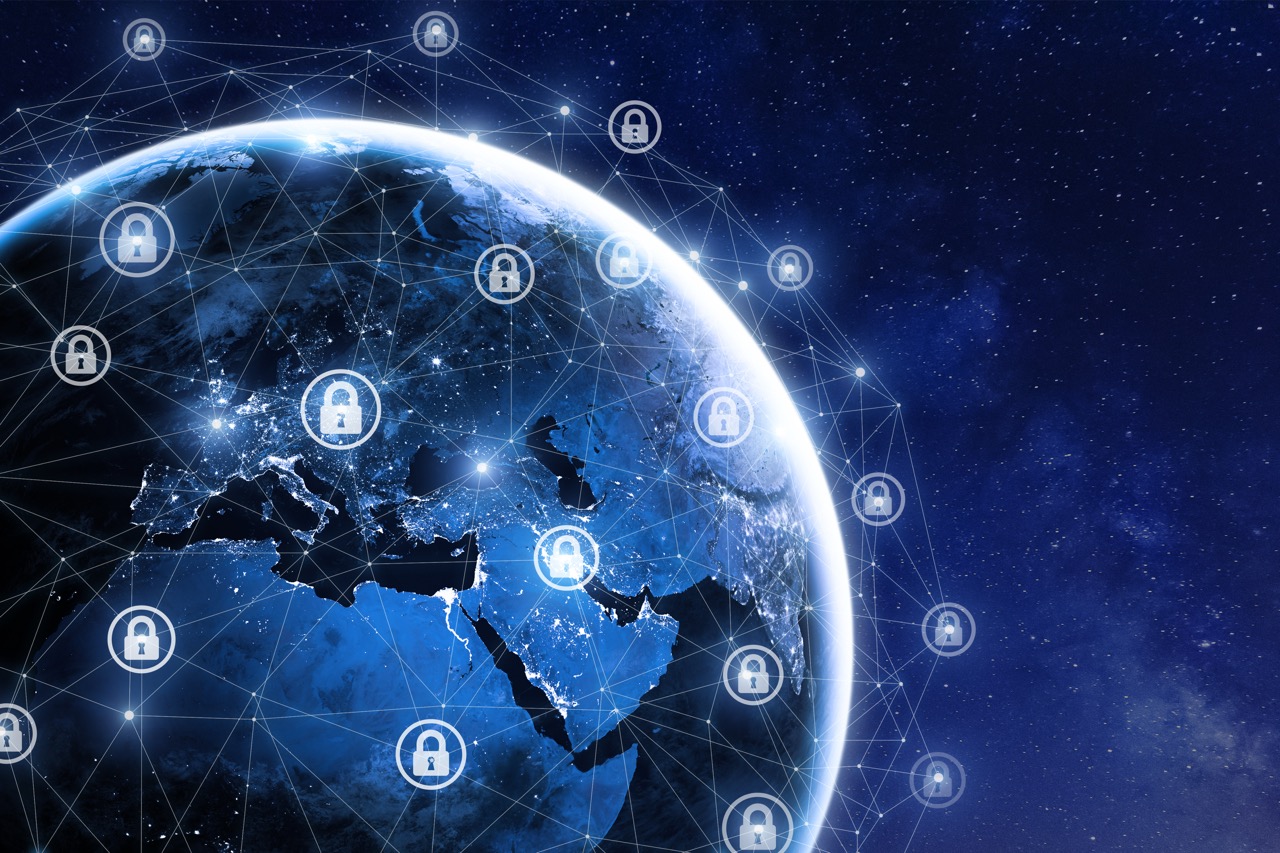Strengthening multilateral law enforcement to confront global threats
The world is facing multiple acute global challenges affecting peace and security – including widening geopolitical rifts and the erosion of trust, armed conflicts, the climate emergency and lingering economic uncertainties. The challenge for law enforcement is significant, not only for continued cooperation and information sharing, but also in the face of criminal networks continuously adapting to benefit from insecurity, while exploiting vulnerable people, communities and resources.
The global law enforcement community is at the forefront of this reality, as transnational organised crime groups exploit the gaps in multilateral cooperation. These groups are diversifying their activities across a broad spectrum of criminal domains, and expanding their geographical footprint by deploying sophisticated business models traditionally used by multinational companies.
In the face of this unprecedented threat, the global law enforcement community holds a collective responsibility to bridge gaps in multilateral cooperation in order to safeguard communities from the devastating impacts of transregional crimes. Effective responses to shared global challenges can only be achieved through multilateral cooperation.
Bridging the gaps in global security cooperation
Interpol is more determined than ever to support the efforts of national law enforcement authorities in our 196 member countries to face this challenge. Created over a century ago as a neutral broker in law enforcement across geopolitical divides, Interpol has continued to evolve as a beacon of multilateral cooperation, while providing a secure and neutral platform, to keep law enforcement channels open regardless of shifting geopolitical dynamics. As a result, the international community has long recognised the role of Interpol as a key actor in global security and as a trusted partner in multilateral strategic forums, such as the G20.
For years, Interpol has engaged with the G20’s working groups. We do so by supporting the implementation of adopted policies on issues of high relevance such as fighting financial crime and corruption and preserving cultural heritage, in alignment with Interpol’s mission and operational capabilities.
Under the 2025 South African presidency, Interpol has continued to carry the voice of the global law enforcement community by advising on the state of the threats witnessed on the ground, as well as by proposing concrete and operational solutions to ensure effective response strategies.
Through secure communication channels, centralised databases, and operational and investigative assistance, Interpol is uniquely positioned to ensure countries are better informed, equipped and empowered to detect and disrupt transnational organised crime groups that pose the highest threat to global security. A specialised version of these capabilities is applied to effectively tackle different forms of organised crime.
A powerful tool in the fight against corruption
One major area where Interpol is supporting this year’s G20 is combatting corruption. We share the G20’s prioritisation of increasing asset recovery efficiency by raising awareness of the need for stronger cross-border cooperation and regular use of available tools to recover criminal proceeds, such as the Interpol Silver Notice, currently in its pilot phase. Because depriving criminals of their illegal proceeds is a globally recognised best practice in combatting transnational organised crime, Interpol launched the Silver Notice in January 2025 to improve asset recovery rates. The Silver Notice provides countries with a powerful tool to effectively identify and trace illicit assets that enable criminal networks to operate and expand. It facilitates cross-border intelligence exchange and can lay the groundwork for subsequent requests for asset seizure or confiscation under national legal frameworks.
Another key G20 priority for 2025 is addressing crimes against cultural heritage. The costs of criminal activities such as the illicit trafficking of cultural heritage extend far beyond monetary losses, as they erode human security and societies’ full potential to prosper and flourish. Interpol has thus showcased its flagship capabilities that can be leveraged to effectively fight such crimes. The Interpol Stolen Works of Art Database, complemented by the publicly accessible mobile application ID-Art, is the only international level database containing certified police information regarding stolen and missing objects of art.
With the political support of the G20 South African presidency and partners, Interpol and its cutting-edge capabilities will help translate multilateral cooperation into concrete actions through improved information sharing and cross-border operational coordination to more effectively tackle organised crime, and ensure a safer world.












